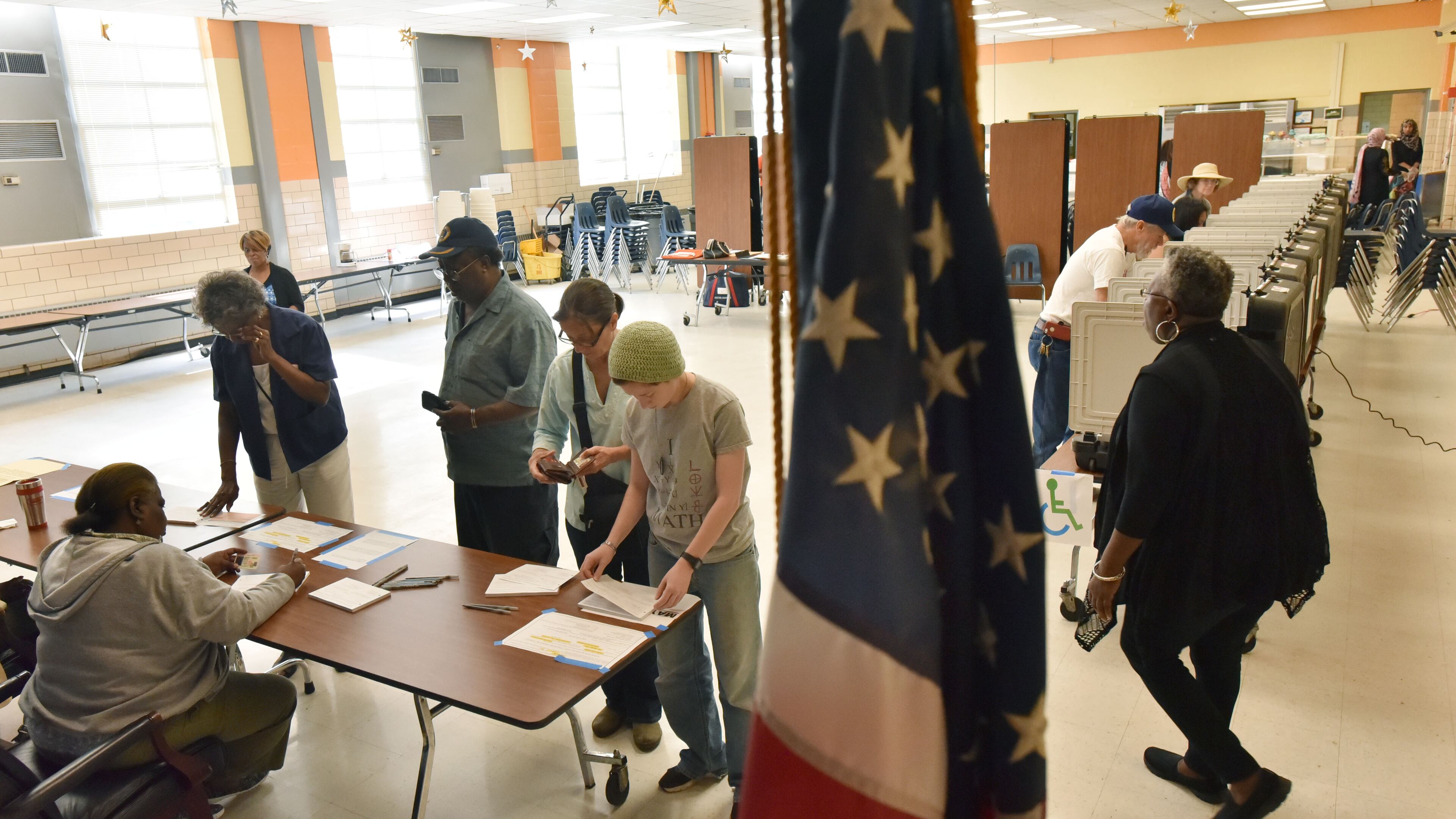Poll: Non-whites just as likely as whites to back 'racist' voter ID laws

With voter ID laws back in the news not too long ago -- and an election just a couple of months away -- this new poll result is rather interesting, to say the least:
"Though many of the arguments for early voting and against voter ID laws frequently cite minorities' voting access, nonwhites' views of the two policies don't differ markedly from those of whites. Seventy-seven percent of nonwhites favor both policies, while whites favor each at 81 percent."
The part about early voting is mildly interesting, but it's hardly unexpected to see Republicans and Democrats alike support it in large numbers. I've long believed early voting is more of a boon to the two major parties -- which can get their loyalists to the polls early and then focus more intently on undecided or unlikely voters -- than to the public as a whole. Early voting mostly hardens partisan leanings, because it discourages people from waiting until all available information about the candidates is known, thereby tacitly encouraging them to vote for "their side" above all.
But the result that's far more interesting, because it's far more surprising, is the one about voter ID laws. I omitted a boilerplate line in the Gallup report about voter ID laws reducing minority participation in elections. But if that were really happening -- and the evidence in Georgia, where minority turnout has continued to rise since the law was tightened in 2005, suggests it isn't -- wouldn't non-whites voice greater opposition to these laws in a poll like this one? After all, they are told repeatedly by Democrats that these laws are harmful to them. And yet their support for voter ID laws is statistically tied with that of white respondents to the poll.
The likeliest explanation for this ostensible contradiction is that real people don't experience the effects of these laws the way politicians claim. To use Georgia as an example again, an ID card is available at no charge to anyone who needs one to vote because they don't have a drivers license. That's a small sacrifice to ask in the name of electoral integrity. (The problem recently identified by courts with voter ID laws in Texas and North Carolina was that they were overly, perhaps nefariously, strict regarding the types of IDs that are acceptable.)
Speaking of which, Democrats also often rail against the very idea that voter fraud exists. Gallup's data do suggest that Republicans are twice as likely as Democrats to believe "votes being cast by people who, by law, are not eligible to vote" -- one behavior voter ID laws are intended to address -- will be a "major problem" in this year's election. But curiously, whites and non-whites are equally likely to believe this type of fraud will be a major problem: 37 percent of whites say so, and 35 percent of non-whites say so. This is one case where partisanship and race aren't closely aligned.
Equally curiously, overall poll respondents deemed voting by non-eligible persons to be just as likely a problem as "eligible voters not being allowed to cast a vote" -- which, of course, is what voter ID opponents claim will happen because of the laws. While actual cases of voter fraud are rare, cases of eligible voters not casting ballots because of voter ID laws are as difficult to pin down as the abominable snowman.
Maybe this is the bottom line: Americans are more reasonable about common-sense measures than their elected officials want them to be.
